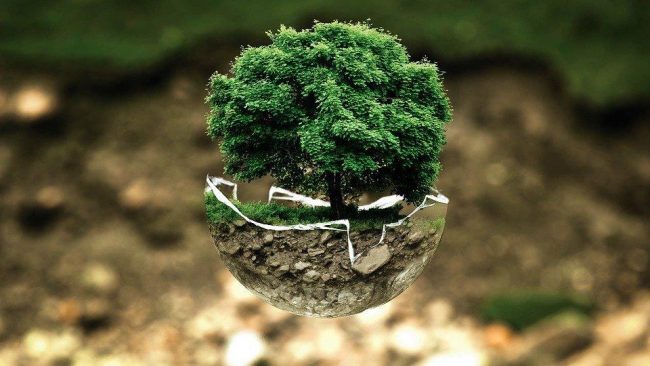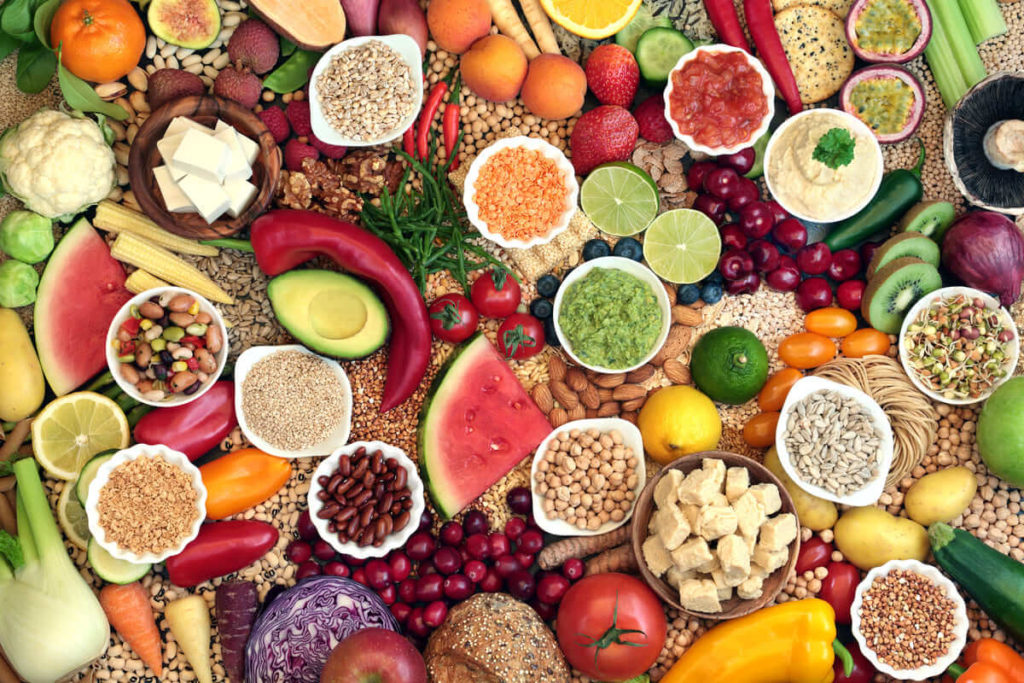Environmental Vegetarianism: How does it help?
Many years, we have talked about the environment and how we need to change the way we treat our plant. Given the heating up on planet Earth, climate change is best avoided by switching to a vegetarian diet, which results in 2.5 x less carbon emission as opposed to a meat diet. With the population estimated to grow over 9 billion by 2050, the earth’s natural resources are being consumed faster than they are replenished! And by the time we hit 2050, it’d take the nearly 3 planets’ natural resources to serve our needs.

EURONEWS.COM
Livestock Impact on Climate Change
The environmental impact of meat consumption is devastating. With an increased footprint, livestock farming contributes significantly to biodiversity loss, coral reef erosion, acid rain, land and water degradation and deforestation. Since livestock farming contributes to about 18% of greenhouse gas emissions globally, compared to emissions from other polluting factors, this is dangerously more impactful to the current climate change.
Environmental Benefits of Vegetarianism
From increased sustainability to promoting animal welfare, reducing climate change, preventing water pollution and more, there are innumerable benefits of a plant based lifestyle, which is a little more than just a diet ritual and a significant opportunity to better one’s health, in addition to healing Mother Earth. For instance, there’s an increased awareness in the world for environmental issues and the 50th anniversary of Earth Day indicates an active need among the masses to better life on the planet. Here’s how becoming a vegetarian can help Earth:
Climate Change – Cows and sheep release a substantial amount of nitrous oxide and methane, which leads to further heating up in Earth’s atmosphere. As the demand for livestock decreases, it will slow down the change in climate and reduce the greenhouse gas emissions by nearly 70%.
Conservation of Natural Resources – The demand for animals for human consumption also involves a huge amount of natural resources. For instance 1kg of beef takes about 13,000-100,000 litres of water and given the fact that many regions lack fresh water supply for public sustenance, it is a huge problem, not to forget the subsequent deforestation and depletion of natural land for animal grazing.
Balanced Ecosystem – The reduction of meat consumption makes more room for animals in their natural habitat which in turn affects the reduced pools in replenishing themselves.

Ethical and Economic Responsibility
Besides the environmental benefits, switching to a vegetarian diet will also enhance humanitarian contribution in the world. This initiative will not only reduce the negative impact of global warming, but also plays an important role in the lives of people. According to WHO, about 20 million people lose their lives because of malnutrition and over a billion are impacted from chronic hunger. Nearly 80% of children starving in the world belong to nations who have food surplus. The food that’s being fed to the animals currently can be used to feed the world’s hungry directly.
Time for Transformation
Animals raised for consumption are bred in awful conditions in stalls and small cages, where there’s little or no room for movement or even breathing properly. So if we strive to adopt ways of a healthier and more sustainable diet, we can not only transform our lives for the better, reduce climatic changes, and improve the overall environment, but it will also help reduce animal cruelty.
An opportunity to better your life!
A green meal is complete in itself, abundant in the right nutrients and vitamins. Vegetarians show remarkable changes in their health condition with strong bones, healthy bodies, reduced risk of heart diseases, obesity or diabetes, improved metabolism, and more. In comparison to meat, vegetables take less time to cook and are easily affordable as opposed to processed foods and consuming meat items. Becoming a vegetarian is a win win for everyone, as it helps cultivate one of the finest habits of staying healthy and happy.
Photo Credits
Environmental Protection – pixabay creative commons
Heading Photo Credit|Olivia Petter| @oliviapetter |
BY DARNELL CROSBY | |

